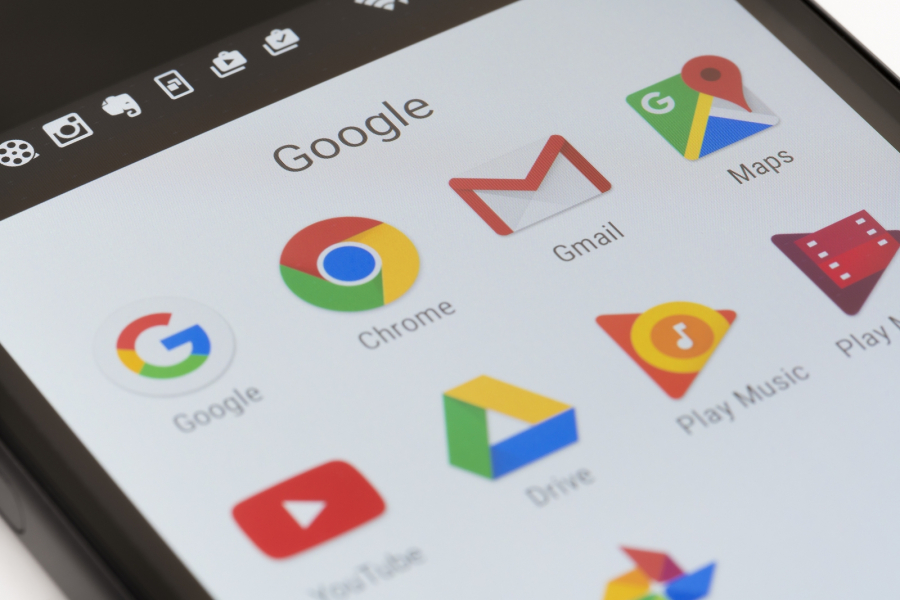In light of the release of an email exchange between Donald Trump Jr. and a lawyer representing the interests of the Russian government, as well as the numerous hacking incidents, the position of email as a secure and private form of messaging is threatened.
All these factors ultimately culminate in one, potentially revolutionary question: has email been rendered obsolete?
This isn't the first time the credibility of emails has been questioned in a world that is increasingly places a higher emphasis on security and privacy. Last year, during the presidential election in the U.S., Democratic candidate Hillary Clinton fell prey to the vulnerability of the emailing system, as did the Democratic National Committee itself.
Even though email companies like Yahoo

Besides Verizon's acquisition of Yahoo already entailing the elimination of AT&T
It is therefore only logical that big companies, startups and even small organizations like university clubs and support groups are employing encrypted messaging apps like Slack and WhatsApp

If one actually thinks about it, the only reason people still use email is convention- emails are more 'formal', so to speak, and they are the go-to form of office communication simply due to precedent. Yet, it has been more than 50 years since the inception of email and the style of communication that accompanies it. Moving away from it could help revolutionize the very foundation and organization of communication in professional work spaces itself. Messaging is faster and less formal: free-form messaging could lead to an atmosphere of openness that could be more conducive to innovation and creativity. As the usage of email has grown, so has the bureaucracy associated with it; a bureaucracy that is slowing things down in this fast-paced world.
Most recently, Gmail

The fact of the matter is, email services the world over are just not doing enough to be able to warrant overcoming the concerns about hacks and leaks that everyone has on their mind. Not to mention the amplification in spam or junk emails that point to the failure of these archaic emailing technologies' filtering processes, a problem that is less seen in encrypted messaging apps. Email may just be a dying form, and businesses globally are beginning to realize this.
- https://www.androidheadlines.com/2017/06/att-emails-can-no-longer-used-login-yahoo.html
- https://www.nytimes.com/2017/07/12/technology/what-we-lose-when-the-world-moves-on-from-email.html
- http://boingboing.net/2017/06/27/end-times.html
- https://techcrunch.com/2017/06/27/yahoo-mail-rolls-out-a-rebuilt-redesigned-service-including-a-new-ad-free-option/
- http://www.androidpolice.com/2017/07/15/gmail-v7-7-prepares-to-add-sorting-types-to-place-starred-important-or-unread-email-at-the-top-of-your-inbox-apk-teardown/














